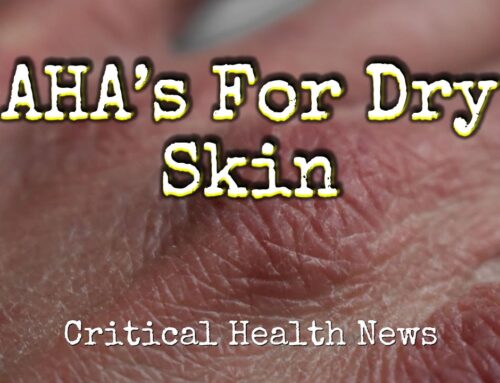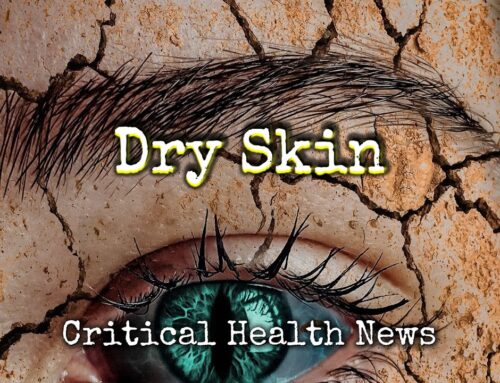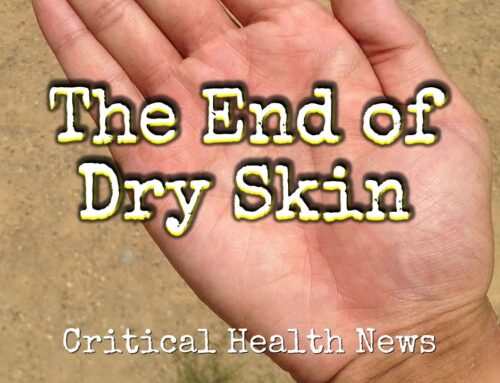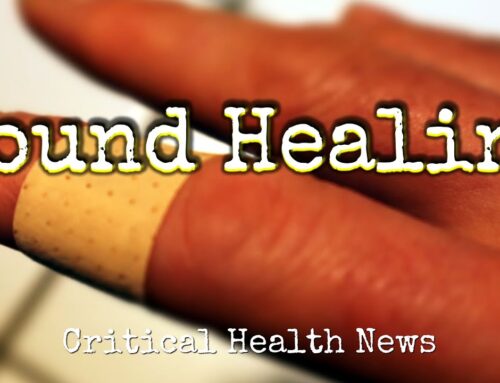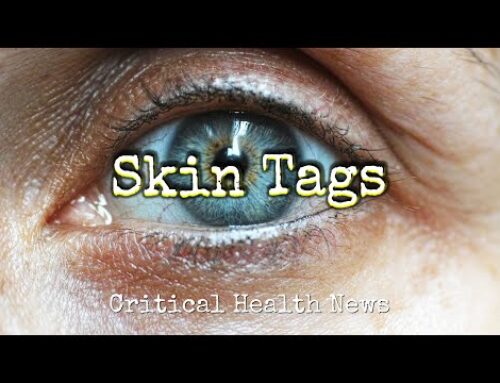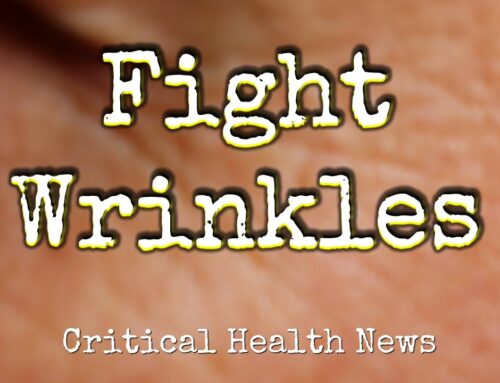When I was in pharmacy school, we used to call acne “skin diabetes”. Though this designation is no longer in vogue, the biochemistry that it’s based on is still relevant, if unrecognized. Worldwide, nearly 700 million people suffer from acne, mostly teenagers. Although the troubling condition affects men and women of all ages. While there are many different causes of the zits, blocked pores and oily skin, they get lumped together under the generic moniker of acne.
Properly speaking acne vulgaris, which is the medical term for the official diagnosis, is the end result of excessive secretion of a class of hormones called androgens. These hormones are testosterone and it’s derivative dh testosterone, which are produced by both males and females and overlap in their activities and another hormone called insulin, produced in the pancreas and secreted in response to the ingestion of sugar.
Simply put, the more sugar we eat the more insulin we secrete and because insulin response mimics and amplifies the effects of the androgens for the susceptible skin responses, including accumulation of follicle clogging dead cells and oils and subsequent pimples and blemishes can occur.
If you or a loved one is dealing with androgenic acne, a low carb or ketogenic diet is advisable. Supporting healthy insulin functioning with zinc, chromium and vanadium may be beneficial, likewise selenium and sulfur. The B vitamins are important for sugar metabolism and using alpha lipoic acid, which potentizes insulin so less of it has to be produced, may be helpful too.


